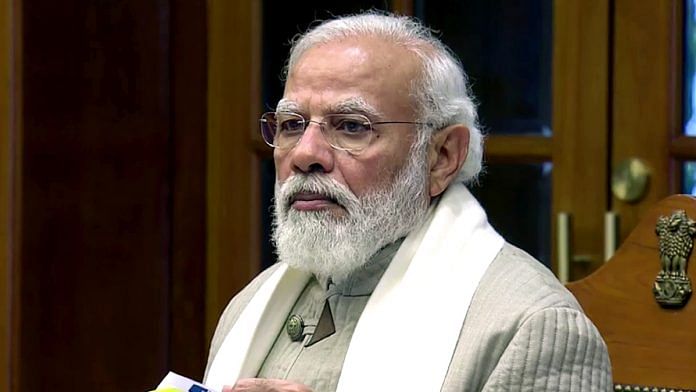Last week, I was talking to a friend of mine who did his BTech and MTech in Biochemical Engineering from IIT Delhi. I asked him about his future plans and he started cribbing about the job market and how Computer Science graduates take up most opportunities available. I then asked him why he was not considering a PhD, his response was that only those who couldn’t get placements after BTech, do MTech and PhD from IITs. I was really surprised to hear this since he graduated from one of the most prestigious institutions in the country. This is not how research as a career should be seen by the youth of an emerging economy like India.
In 2015, Prime Minister Narendra Modi had spoken of making India a Vishwa Guru (Global Teacher), and since then, there has been a rise in the aspiration of Indians to see the country as a superpower. The bigger question we need to focus on is how can India become a Vishwa Guru without being a knowledge provider in recent times. We really need to get over what India was in the past and start working on how it can become a knowledge provider in the near future.
To become a knowledge provider, India first needs to tap its Research and Development (R&D) potential to the maximum. Let’s have a look at the research scenario in India. India’s Gross Expenditure on Research and Development (GERD) has been consistently increasing over the years now and has almost tripled from ₹39,437.77 crore in 2007-08 to ₹1,13,825.03 crore in 2017-18 as per the R&D statistics released by the government. A point we must be concerned about is that even in 2021, India’s GERD as a percentage of GDP is less than 1 per cent.
India’s GERD is mainly driven by the government sector. It stands in contrast with some of the developed and emerging economies with almost 60 per cent participation in GERD being made only by the government including the Higher Education Sector (HES). In most of the developed and emerging economies, the participation of business enterprises in GERD is generally more than 50 per cent and it is more than 70 per cent for the US, China, South Korea and Japan. In India, the participation of business enterprises in GERD is only 40 per cent. This means that India is still highly dependent on the government for R&D.
Lack of research grants in India
I believe the biggest reason why a major chunk of Indians doesn’t see academia as a potential career for them is the lack of funding in HES. The research stipend available to research scholars in the reputed Indian institutions like IITs, IISc, AIIMS, JNU, etc. also discourage many from exploring research as a potential career. Social respect in India is still income-based and thus high-salaried professions get more preference in society than academics.
In order to tackle this, the Indian government in 2018 had launched the Prime Minister’s Research Fellows (PMRF) Scheme, which offers direct admission to meritorious students in the PhD programmes in IITs, IISERs and IISc for carrying out cutting-edge research in science and technology domains, with a special focus on national priorities. A fellowship of ₹70,000/- per month for the first two years, ₹75,000/- per month for the 3rd year, and ₹80,000/- per month in the 4th and 5th years provided under the scheme. Apart from this, a research grant of Rs 2 lakh per year will be provided to each of the fellows for a period of 5 years to cover their academic contingency expenses and for foreign/national travel expenses. This might help in attracting a talented pool of scientists to take up a career in research but a major drawback is that it is only limited to science and technology domains and has limited seats.
India has only one institution, the School of International Studies, JNU that conducts high-quality research in the field of International Relations and Area Studies. If India aims to become a Vishwa Guru, it cannot happen with research in only science and technology, it also needs to carry out high-quality research in Public Policy, International Relations and other Social Sciences as well. Government initiative is needed here too. R&D should become a potential career choice for the best brains of the country in order to become a Vishwa Guru or knowledge provider and lead the world.
The author is a student at Jawaharlal Nehru University, New Delhi. Views are personal.




